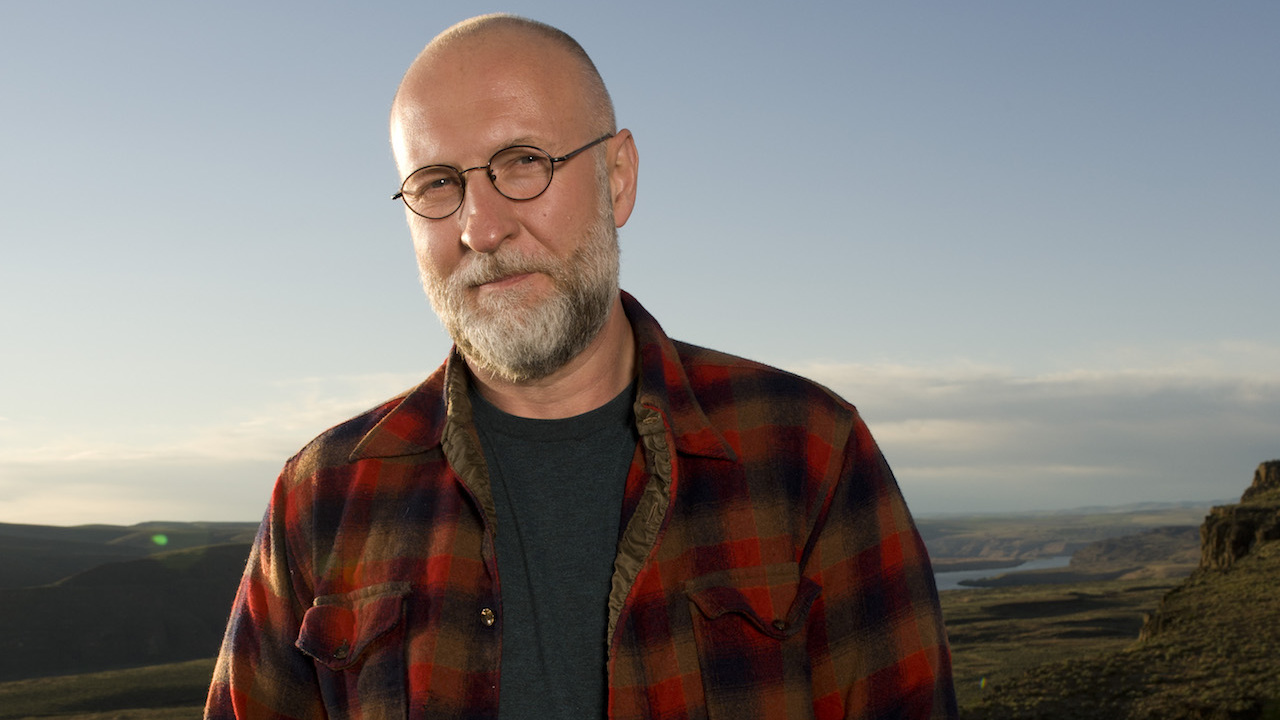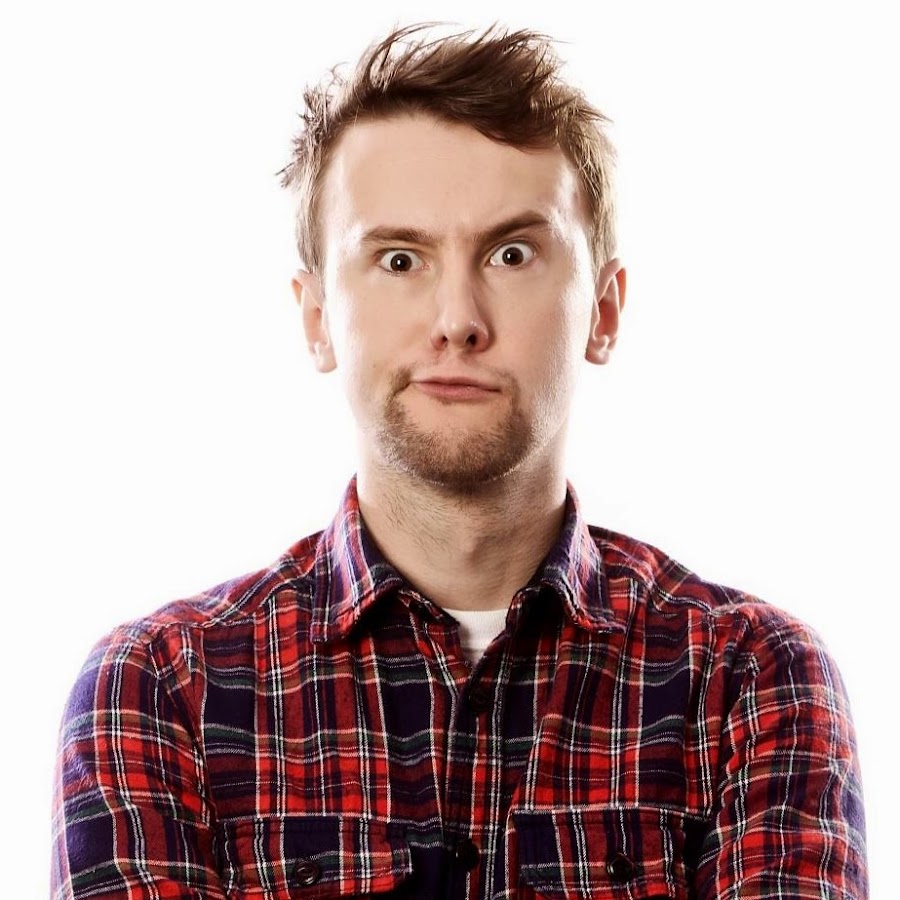Bob Mould started his career in 1979 as the frontman for Minnesota trio Hüsker Dü.
The band released six studio albums before parting ways in 1988. After a solo period, Mould went on to form Sugar four years later, who released two albums – 1992’s Copper Blue and 1994’s File Under Easy Listening – the Beaster EP and a B-sides compilation before splitting in 1995.
Since Sugar’s demise, he’s released 11 albums, enjoyed a spell as a dance DJ and published his biography See A Little Light: The Trail of Rage and Melody in 2011.
With his new album Patch The Sky available at the end of the month, we sat down with Bob to discover exactly what’s on his mind…
“SST Records was one of many labels around the US in the 1980s that focused on – for lack of a better term – hardcore punk, or what would later become known as alternative music. There were a lot of labels like SST at the time, whether it was Alternative Tentacles, Touch and Go, Dischord or Twin/Tone. They were all over the country and they all probably share similar starting points: there might have been a band or two bands in a particular region of the country or a particular city that were having trouble getting their music heard in conventional ways, so they started up their own labels. With Hüsker Dü, we put out our first single as a self-release then went to New Alliance Records, then we did another self-release and we became popular enough in some circles for SST to then pay attention to us. So it was a vital component of a large network in America that created and added to that entire scene that people read about in Michael Azerrad’s book [Our Band Could Be Your Life: Scenes from the American Indie Underground, 1981-1991]. But there were lots of different components that made up the overall scene, and SST was just one of them.”
“I think SST started with the best intentions, but at a certain point, well after I stopped doing business directly with them, they perhaps changed into something else. I’ve heard people just call it a vanity project for one person, and I’m trying to be nice here, but I think when all cylinders were firing SST was the home of a lot of great bands – whether it was Black Flag, who obviously started it, Minutemen, Meat Puppets, Soundgarden, Dinosaur Jr. or Sonic Youth. Clearly there were people at that label who had a good vision of what music should be, and whether it was Chuck Dukowski or Ray Farrell, there were a lot of people that worked there who were great allies of Hüsker Dü, and of all of the bands I think.”
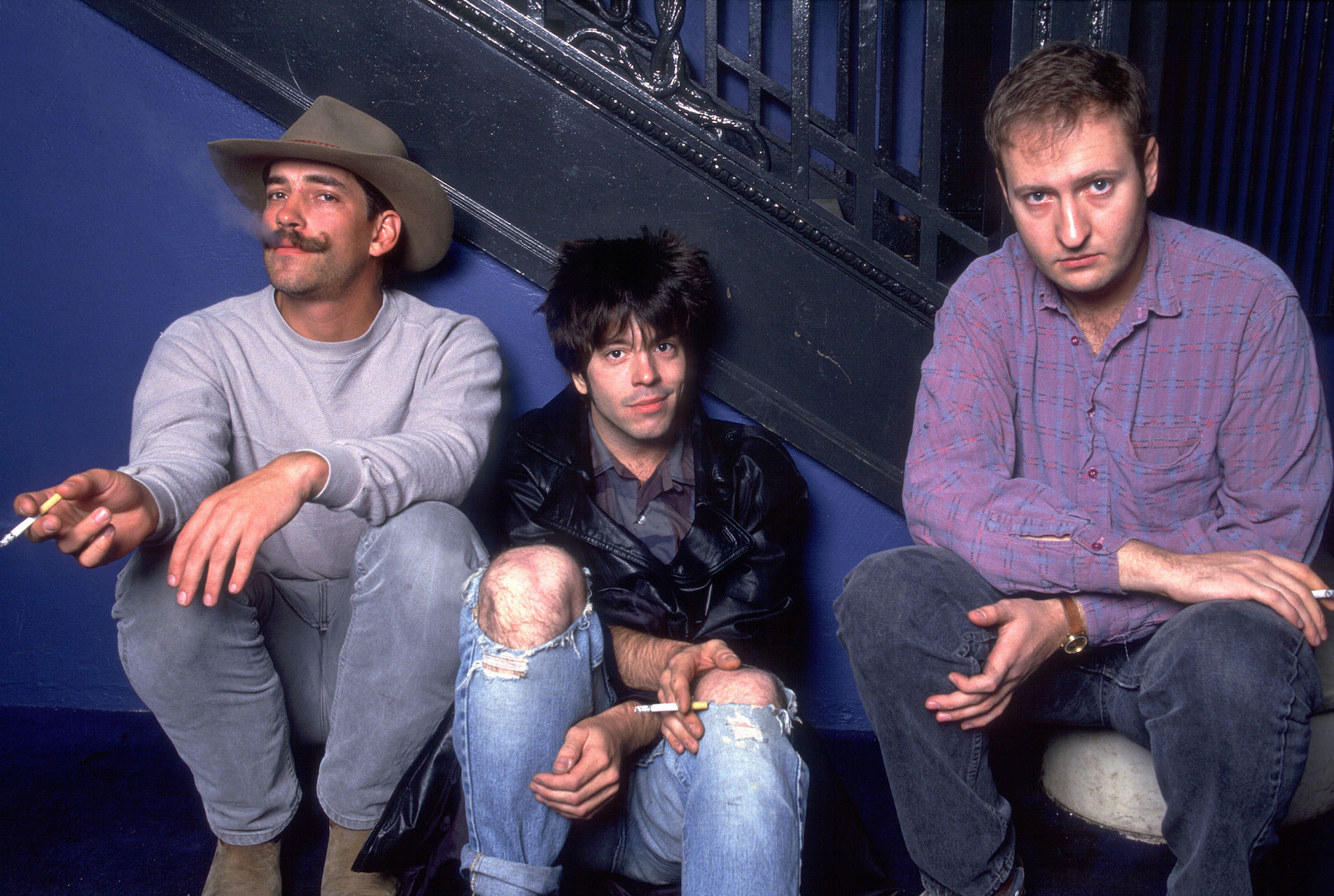
“**Throughout the 1980s and onwards, as I’ve toured as a musician, college radio has been key to bringing people new underground music. **If we fast-forward thirty years to today, I think those stations and what we call non-commercial stations in America are equally as important if not even more so, in terms of furthering good new music. In this day and age when information is so free and so overwhelming, I really encourage people in America, and if you have a comparable system in the UK right now, to support these stations. They’re local so they know what’s happening in the town, and they work with promoters who are bringing bands to the town, so there’s a synergy there as well. And they’re just real people and local personalities that you’ll run into around the city, doing the heavy lifting and finding good new music for you. I really encourage people to turn away from streaming services that don’t pay the artists, because their next step is to put all radio out of business so the artists don’t get paid any kind of royalties for their intellectual property, and that’s bullshit.”
“If you’re an artist and you want to have a pure artistic vision that defies the commercial aspect, don’t go to a major label and think that you might get that. They just want to fit you into the system that they’ve created, which is successful for them – and I guess I’m talking about the ‘80s here, because there’s not a fucking major label that’s successful right now. This is just the historical, anecdotal evidence that I’ve got. When I went to Warner Bros., on a scale of 1-10 – with 1 being no control and 10 being absolute band autonomy – I would say my experiences were probably somewhere between 7-9 at any given point in time. But I personally felt like that was a fair compromise to reach a larger audience. Working with labels like Rykodisc and Merge, who are large independent labels that may or may not have major label distribution underneath their independent tent, I feel like purity is somewhere between 8-10. So it’s a little bit better than at Warner Bros., but at times I think there are decisions that any artist has to make about partnering up with larger corporations to get business done, or sticking to being totally Rudimentary fucking Peni and 100% DIY. They’re all completely valid. It’s really up to the artists to educate themselves on what business models we have left, and then find a comfort level that they’re happy with. It’s the age old debate of art versus commerce.”
“**I can say with all certainty that by the age of 13 I knew that I was gay, and that I was attracted to other males as opposed to females. **As far as being gay in the hardcore scene goes, I think there was a lot more gay and lesbian people than I ever realised. As time goes on and more people have come out, more about the sexual nature of certain artists and bands from the ‘80s has been revealed. But at the time I was really just a self-hating homosexual. Certain cities were more accepting of it within the punk scene, and some places it was a little more flamboyant whereas other places it was more repressed. I certainly repressed it from my own personnel and I regret parts of that a little bit, because maybe I could have had more fun at the time. But it all comes out in the wash, and I didn’t feel any particular oppression within the scene or like it had to be on the down low. It was always somewhere in the middle.”
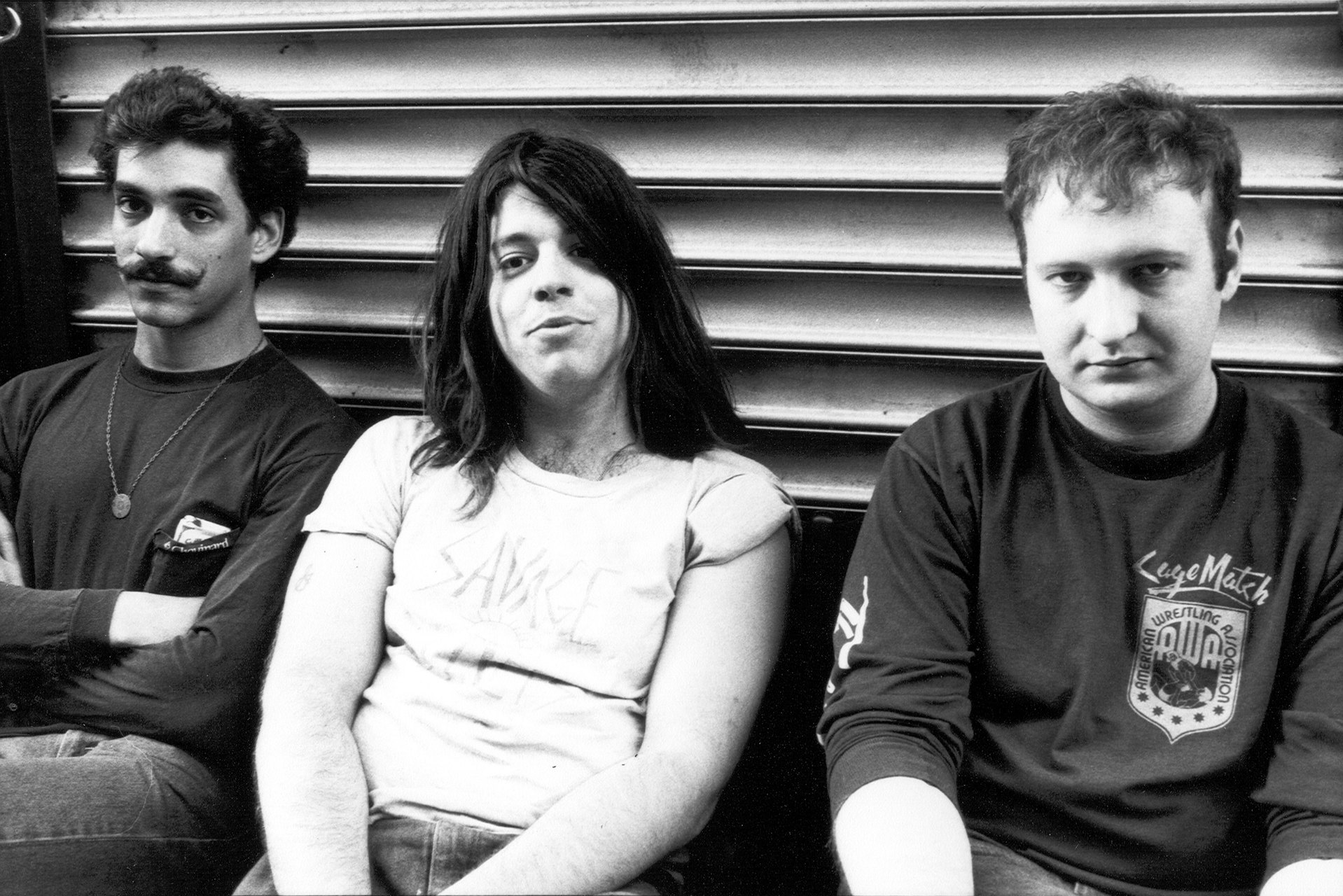
“My sexuality was an open secret by 1985. That was back when you could actually have an open secret as opposed to a crazy drunk tweet. I never really ran up against any kind of resistance until 1994 when my self-hating homosexuality became known, after I was outed in an interview with Dennis Cooper for Spin magazine. I did feel some blow back after that, from the more conservative commercial radio stations that weren’t really hip on playing my music for a while because I was gay. It probably sounds crazy in the year 2016 to say things like this, but times were different back then. It was cool once I got past a few of those hiccups with Southern radio stations though. As for my personal journey with my sexuality, that didn’t really kick in until probably 1997⁄98 when I moved back to New York City. That’s when I really started to integrate a gay life into my hetero-based rock life, and it was when I really turned a corner as a person and became more accepting of myself.”
“Music keeps the inner child alive. That’s the good news with any kind of expression like that for anybody; it keeps you young at heart. I like to make the live show a physical as well as a musical and emotional experience. It should be physical. That’s the way I like music to be. Playing music does something to me chemically as well. It makes me a little more aggressive on stage, and I think that’s also part of why people like to come to the shows. Technically, from my end as a guitarist, I need to have a certain volume up there to get the sound that people come to hear, whether that’s feedback or just the harmonics of the guitar and the resonance of the instrument itself. I like it loud.”
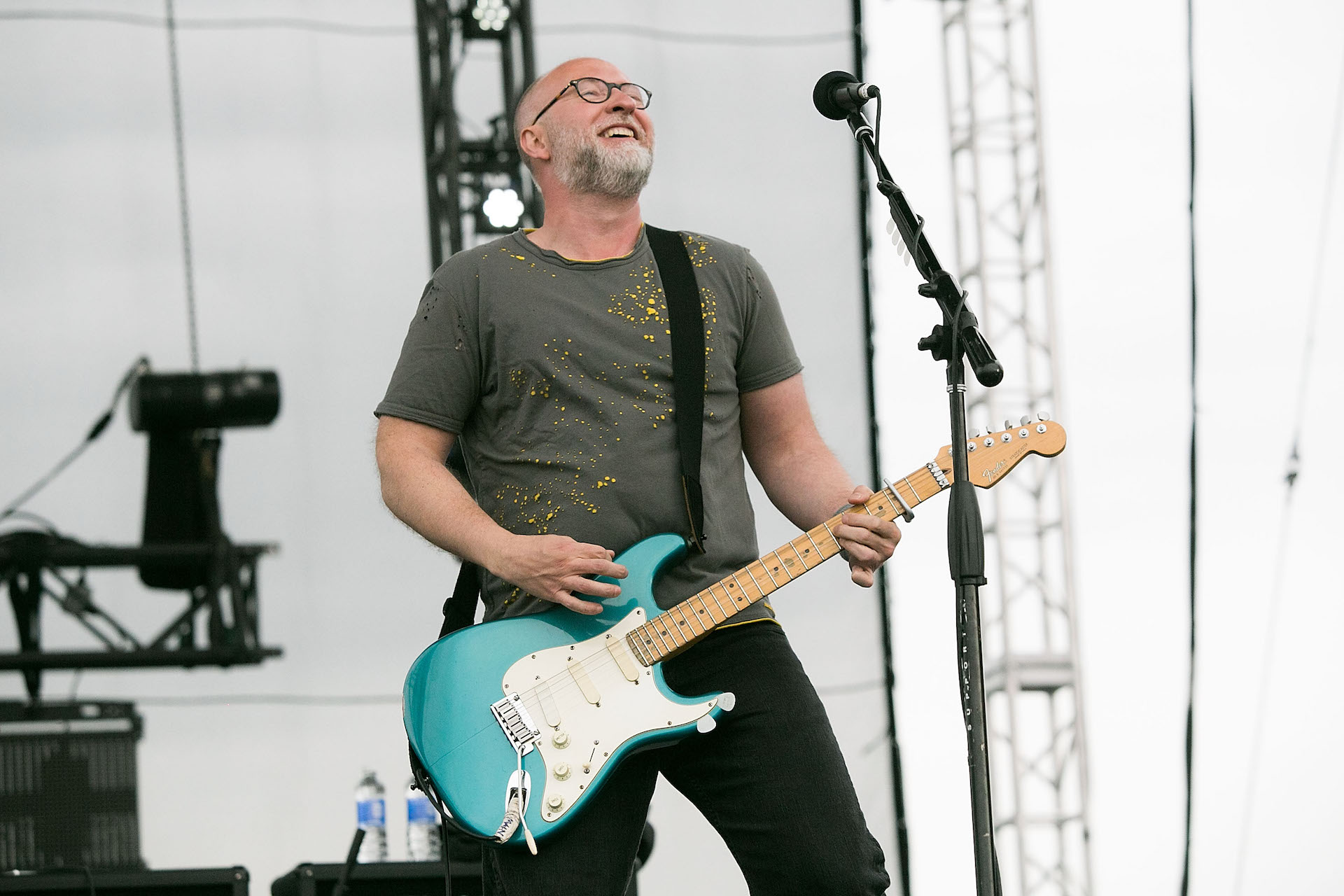
“Dave Grohl has put a lot back into my career. He’s a real sweetheart, and everybody that knows him knows that. What you see is what you get with him, and he’s a huge music fan that really pays it back. You can’t ask for anything more. I believe music is a communal experience where we tell and retell stories, and it’s an adaptation of all the stories that you’ve heard and learnt, which you then re-filter through your own vision and your own sound. I don’t doubt that Dave, and Nirvana in general, was influenced by Hüsker Dü. I think that goes without saying. So when we finally got to sit down and talk one-on-one with each other at the 30th anniversary party for the 9:30 Club [legendary concert venue in Washington D.C.] in 2010, that was great. He then reached out a few months later and asked if I’d come and do a song with him for the Foo Fighters record [Wasting Light]. So we did that, and then he had me come out on the road with them DJing their arena shows as well as getting up and playing a couple of songs each night, and it was a blast. At the Walt Disney Concert Hall tribute show in November of 2011, he was so generous with his time. That was such a great celebration, and it was so weird having all these people like Dave and Ryan Adams sing my songs back at me. So 2011 was a really pivotal year, and Dave was definitely a catalyst for all the good stuff that’s happened since then, whether it’s the records or the tours or all the other crazy stuff that’s been going.”
“**My best work has always been with power trios. **Whether it was in Hüsker Dü, or with David [Barbe] and Malcolm [Travis] in Sugar, or right now with Jason [Narducy] and Jon [Wurster], it’s pretty clear the trio is the format that best suits my style. Three-pieces are great. It’s very immediate, and there’s no confusion as to who’s making what sound, which makes it really easy if you’re a musician. There’s very little distraction and it allows for a lot more improvisation, even if they’re just subtle ones that the audience doesn’t even notice. I’ve had tours where I’ve had keyboards, and that’s a really nice additional colour to have because it’s its own unique instrument and keys are very flexible and fun. But the three-piece is definitely my strong suit, especially with Jason and Jon. It’s been an absolute joy playing shows with those guys lately.”
“I’d like to be remembered as a hard working guy. I haven’t got the best voice or the hottest solos, but I’m a solid rhythm guitarist and I have a good way with words. I get up in the morning and I think about music. It’s the first thing I think about every day, and it’s usually the last thing I think about before I go to bed. It’s what I do with my life, and I’m really grateful to still be making music. Once people find their way into what I do they’re usually there for life, and I don’t seem to lose fans which is great – other than to natural causes. I’ve always done my work the way I’ve wanted to do it, and I think that touches back on the major label debate. Yes, I’ve made concessions when the fires have been burning bright, but if on the cold days and the dark nights all that’s left is me and the music, then I’m fine with that. It’s been a pretty great run so far.”
Bob Mould’s new album Patch The Sky will be released on March 25 through Merge. He was speaking to Matt Stocks.
